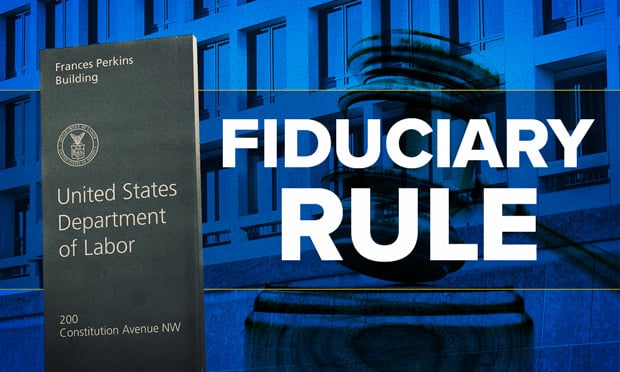The Financial Stability Oversight Council has voted to changehow it designates non-bank financial institutions as systemicallyimportant, or “too big to fail.”
|The vote by the council this week came after sustainedcomplaints that FSOC’s review process of the country’s largestfinancial institutions lacked transparency. It also coincided withrenewed effortsin Congress to rein in the council’s authority.
|The FSOC was created by the Dodd-Frank Act to overseeinstitutions large enough to shock the overall economy were they tofail. Treasury Secretary Jack Lew chairs the council. The chairs ofthe Federal Reserve, Securities and Exchange Commission and theFederal Deposit Insurance Corp. are among its 10 votingmembers.
|Going forward, the council will give earlier notice to firms asthey come under review, and provide new channels of communicationwith companies’ internal regulators.
|It will also make more information publicly available during thereview process, and provide more opportunities for companiesalready designated as SIFIs to challenge the designation duringannual review procedures.
|“The changes adopted today represent an important step for thecouncil that will increase the transparency of our designationsprocess and strengthen the Council overall,” said SecretaryLew, adding:
|“The council has the unique and critical mission of identifyingand responding to risks to U.S. financial stability. It is ayoung organization that, as it grows and matures, must continue tobe flexible and adjust its processes as needed to fulfill itsmandate.”
|Recently, MetLife, the country’s largest insurer, filed suit in federal court after it became the fourth firmdesignated as a SIFI by the council.
|Firms tagged as SIFIs are subjected to oversight from theFederal Reserve and larger capital reserve and liquidityrequirements. Critics of the FSOC say that creates unfaircompetitive disadvantages for the firms.
|In a statement after announcing the filing of its lawsuit,MetLife CEO Steve Kandarian said existing stringent oversight fromstate regulatory bodies is more than enough to adequately regulateinsurers.
|The FSOC is reviewing whether large mutual fund companies likeBlackRock and Fidelity, which together hold nearly $6 trillion inassets, pose a systemic threat to investors and the economy if theywere to experience a market shock like the one suffered during thefinancial crisis.
|The council is seeking public comment from asset managementfirms, which the board voted to extend another 30 days onWednesday. The deadline for submission is now March 25.
|Complete your profile to continue reading and get FREE access to BenefitsPRO, part of your ALM digital membership.
Your access to unlimited BenefitsPRO content isn’t changing.
Once you are an ALM digital member, you’ll receive:
- Critical BenefitsPRO information including cutting edge post-reform success strategies, access to educational webcasts and videos, resources from industry leaders, and informative Newsletters.
- Exclusive discounts on ALM, BenefitsPRO magazine and BenefitsPRO.com events
- Access to other award-winning ALM websites including ThinkAdvisor.com and Law.com
Already have an account? Sign In
© 2024 ALM Global, LLC, All Rights Reserved. Request academic re-use from www.copyright.com. All other uses, submit a request to [email protected]. For more information visit Asset & Logo Licensing.







